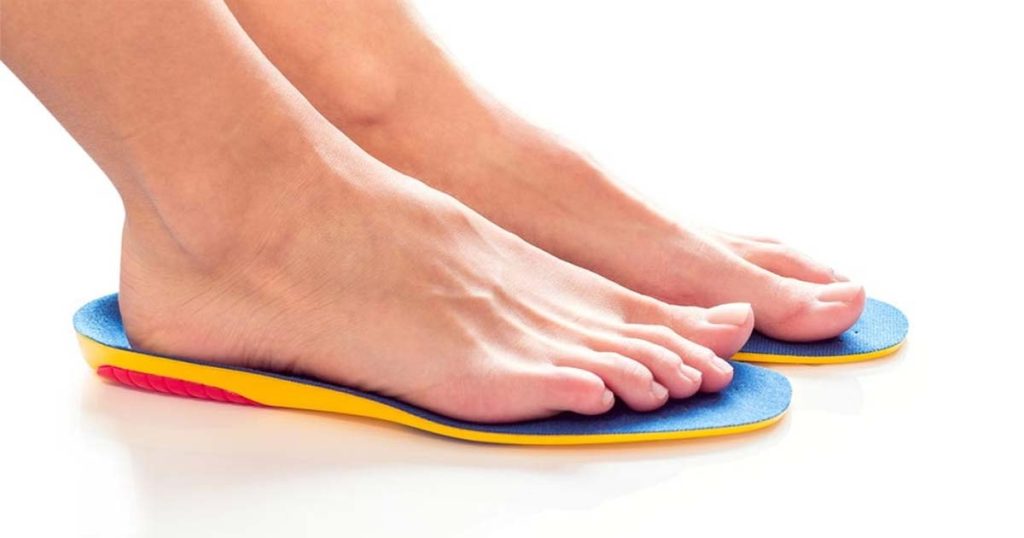Personalized prosthetics have evolved far beyond their traditional function of simply replacing lost limbs. Today, they serve not only as practical tools but also as symbols of confidence, identity, and self-expression. The process of designing and creating a prosthetic limb that is tailored to the individual goes beyond just fit and function; it allows the user to reconnect with their body in a way that reflects their personality, preferences, and lifestyle. This ability to customize a prosthetic makes it a tool that fosters a sense of empowerment and control, rather than a reminder of loss. For many users, prosthetics are deeply personal items that represent resilience and the journey of reclaiming autonomy. The experience of losing a limb can often lead to feelings of alienation or a disruption of one’s sense of self. Traditional prosthetics, which were often limited in design and appearance, could sometimes contribute to these feelings by emphasizing the difference between the user and others.

However, personalized prosthetics offer the opportunity to embrace one’s individuality rather than hide or conceal it. The prosthetic can be designed to match the user’s personality or interests, whether that means choosing specific colors, textures, or even integrating artistic elements that reflect their identity. This newfound flexibility in design also promotes a positive self-image. People who wear personalized prosthetics are more likely to view their prosthetic as an extension of themselves rather than a foreign object. Customization options such as patterns, colors, and designs can be empowering, allowing users to see their prosthetic not as a limitation, but as a part of their own unique style. In this way, prosthetics become an opportunity for creativity and self-expression, similar to the choices individuals make when selecting clothing or accessories. This process helps to foster a deeper connection to the prosthetic and, by extension, to one’s body and self-image. Beyond aesthetics, the psychological benefits of personalized prosthetics are profound.
Many users report that when they are able to express themselves through their prosthetic, they feel more confident and less self-conscious. This improved self-esteem can have a ripple effect, influencing how they interact with others and how they navigate social situations. Instead of being seen as an object of pity or something to be hidden, the prosthetic becomes a conversation starter, a reflection of the user’s strength, creativity, and ability to adapt. This can also help break down societal stigmas about disability, encouraging greater acceptance and understanding. In the realm of sports and professional activities, personalized prosthetics can significantly enhance performance and see this additional hints. Whether designed for athletes, musicians, or those engaged in physically demanding careers, the precise tailoring of a prosthetic allows users to not only perform better but also to feel more in tune with their bodies. The confidence gained from having a prosthetic that matches one’s functional needs and aesthetic desires leads to improved mental and emotional well-being, which in turn impacts overall physical performance.
